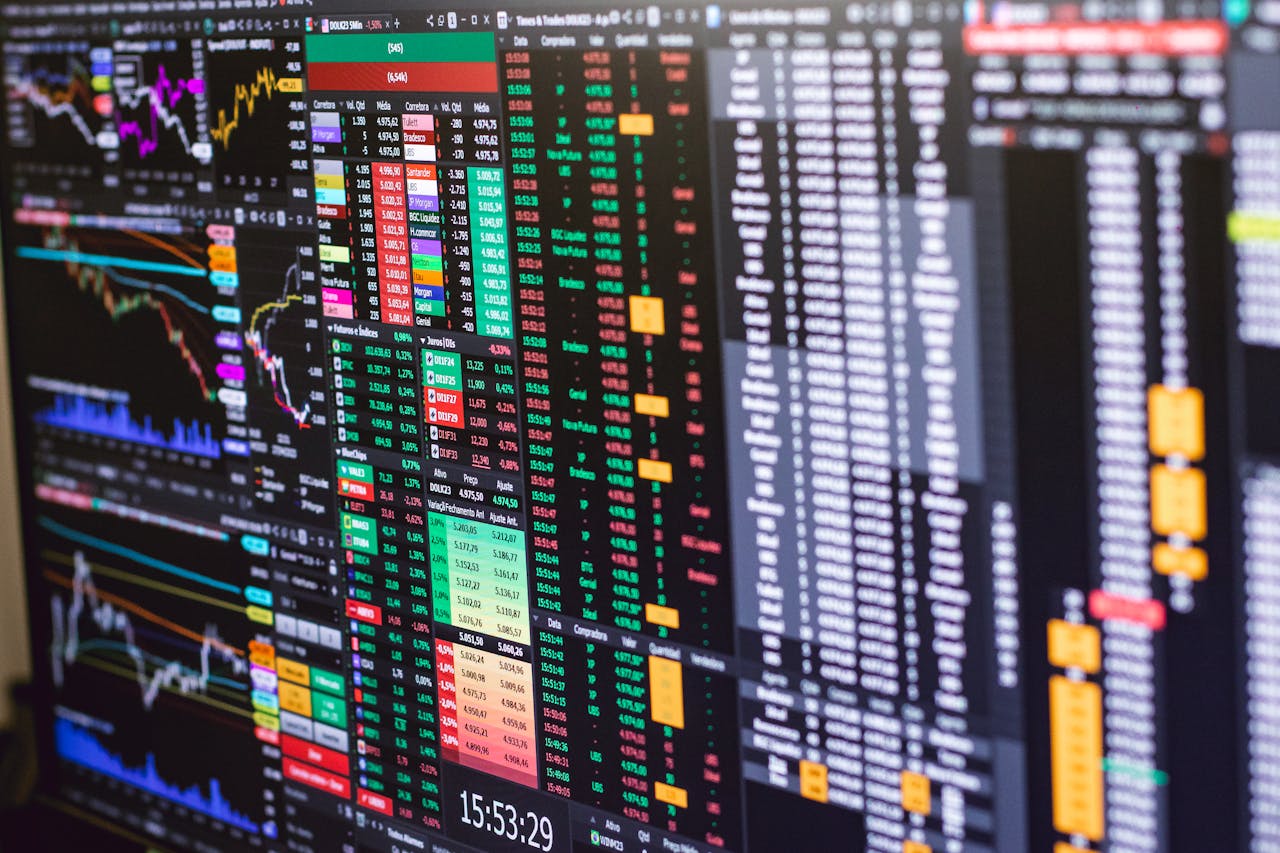The S&P 500 closed at 6,111.75, just shy of its record 6,118.71, slipping 0.1% on Friday as weak retail sales and inflation concerns curbed gains. The Dow Jones Industrial Average dropped 166 points (-0.4%), while the NASDAQ Composite remained flat.
January retail sales fell 0.9%, exceeding forecasts of a 0.2% decline, after a 0.7% rise in December. Cold weather and Los Angeles wildfires contributed to the drop, raising concerns over consumer spending. Year-over-year sales rose 4.2%. Stifel projected a potential Q1 GDP revision below 2% due to a 0.8% fall in control group sales.
Despite hotter-than-expected CPI and PPI data this week, softer components in PPI may signal a milder PCE price index print—the Federal Reserve's preferred inflation gauge—offering room for possible rate cuts. Fed Chair Jerome Powell, however, urged caution on easing monetary policy.
President Trump signed an executive order proposing reciprocal tariffs matching those from key trading partners, including the EU, South Korea, and Japan, though he delayed implementation for further investigations. This pause eased market concerns, despite existing 25% duties on steel and aluminum.
Hopes for an end to the Ukraine-Russia war lifted sentiment as leaders gathered at the Munich Security Conference following Trump's announcement of upcoming peace talks.
In earnings news, Moderna (MRNA) climbed 3% despite a wider Q4 loss, driven by cost-cutting measures amid declining COVID-19 vaccine demand. GameStop (GME) rose 2.5% following reports of potential Bitcoin and cryptocurrency investments. Airbnb (ABNB) surged over 14% on strong Q4 earnings and increased first-time bookings. Roku (ROKU) jumped 14% after projecting strong ad revenue growth, driven by increased streaming platform demand.
This concise market update highlights key trends, earnings movers, and economic indicators impacting the financial landscape.



 Trump Signs Executive Order Threatening 25% Tariffs on Countries Trading With Iran
Trump Signs Executive Order Threatening 25% Tariffs on Countries Trading With Iran  Bank of Japan Signals Readiness for Near-Term Rate Hike as Inflation Nears Target
Bank of Japan Signals Readiness for Near-Term Rate Hike as Inflation Nears Target  Trump Endorses Japan’s Sanae Takaichi Ahead of Crucial Election Amid Market and China Tensions
Trump Endorses Japan’s Sanae Takaichi Ahead of Crucial Election Amid Market and China Tensions  Gold and Silver Prices Slide as Dollar Strength and Easing Tensions Weigh on Metals
Gold and Silver Prices Slide as Dollar Strength and Easing Tensions Weigh on Metals  U.S.-India Trade Framework Signals Major Shift in Tariffs, Energy, and Supply Chains
U.S.-India Trade Framework Signals Major Shift in Tariffs, Energy, and Supply Chains  Vietnam’s Trade Surplus With US Jumps as Exports Surge and China Imports Hit Record
Vietnam’s Trade Surplus With US Jumps as Exports Surge and China Imports Hit Record  Gold Prices Slide Below $5,000 as Strong Dollar and Central Bank Outlook Weigh on Metals
Gold Prices Slide Below $5,000 as Strong Dollar and Central Bank Outlook Weigh on Metals  Dollar Near Two-Week High as Stock Rout, AI Concerns and Global Events Drive Market Volatility
Dollar Near Two-Week High as Stock Rout, AI Concerns and Global Events Drive Market Volatility  Japanese Pharmaceutical Stocks Slide as TrumpRx.gov Launch Sparks Market Concerns
Japanese Pharmaceutical Stocks Slide as TrumpRx.gov Launch Sparks Market Concerns  Thailand Inflation Remains Negative for 10th Straight Month in January
Thailand Inflation Remains Negative for 10th Straight Month in January  Trump Lifts 25% Tariff on Indian Goods in Strategic U.S.–India Trade and Energy Deal
Trump Lifts 25% Tariff on Indian Goods in Strategic U.S.–India Trade and Energy Deal  RBI Holds Repo Rate at 5.25% as India’s Growth Outlook Strengthens After U.S. Trade Deal
RBI Holds Repo Rate at 5.25% as India’s Growth Outlook Strengthens After U.S. Trade Deal  Oil Prices Slide on US-Iran Talks, Dollar Strength and Profit-Taking Pressure
Oil Prices Slide on US-Iran Talks, Dollar Strength and Profit-Taking Pressure  Trump’s Inflation Claims Clash With Voters’ Cost-of-Living Reality
Trump’s Inflation Claims Clash With Voters’ Cost-of-Living Reality  Silver Prices Plunge in Asian Trade as Dollar Strength Triggers Fresh Precious Metals Sell-Off
Silver Prices Plunge in Asian Trade as Dollar Strength Triggers Fresh Precious Metals Sell-Off  Russian Stocks End Mixed as MOEX Index Closes Flat Amid Commodity Strength
Russian Stocks End Mixed as MOEX Index Closes Flat Amid Commodity Strength 































